戦後の日本は奇跡的とも呼ばれる復興を遂げ、アメリカの学者であるエズラ・ヴォーゲルが1979年に出版したジャパン・アズ・ナンバーワンという本が話題になり、世界中が日本を見習えという時代がありました。
その後バブルが弾けてからの、”日本の失われた20年”、そして、その後の10年も、経済成長はほぼ横這いで、他の先進国と比べると相対的に日本がどんどん貧しくなっていると言われています。
実際、1997年にはOECD加盟国で日本人の平均所得は3番目の高水準でしたが、2020年には20番目までランクを落としています。つまり、他の国は平均所得が伸びているのに対して、日本はこの期間下降して今やOECD加盟国の平均より下に位置に甘んじています。
ただ、この期間、日本は経済は基本デフレの状態が続き、またテクノロジーの発展により値段の下がったものあるので、実際の感覚としては30年前と比べて貧乏になったと思う人はあまりいないかも知れません。
私自身は、バブルが弾ける直前の1991年に社会人になっていますが、あの時代は普通の人が億ションを買ったり、海外ブランド物に行列したり、平気でタクシーを足代わりに数万円使ったりと、ちょっと常軌を逸していたと言わざるえないと思っています。
そう意味では、バブルが弾けて、物質的な豊さを追求することの虚しさに気がつき、心の豊さを追求することになるための必要なターニングポイントだったと思うようにしています。
私自身も、自分の成長や、経験、学びのためには惜しむことなくお金を使い、それ以外のことはできるだけ質素に生きていきたいなと思っています。
この先、日本経済がバブル期の時のように成長することはありませんが、個人の心の成長や心の豊さを実現していくための経済活動にどんどんシフトしていく、つまり、企業や組織の幸福よりも、個人が輝ける時代にしていくことが日本がとるべき最適な選択ではないでしょうか。
(English)
There was a time after the war when Japan achieved a miraculous recovery and the American scholar Ezra Vogel’s book “Japan as Number One” published in 1979 became a hot topic of discussion, and the world was encouraged to learn from Japan.
After the bursting of the bubble economy, “Japan’s lost 20 years” and the following 10 years, the economic growth has been almost flat, and it is said that Japan is becoming poorer and poorer compared to other developed countries.
In fact, in 1997, the average income of Japanese people was the third highest among OECD countries, but by 2020, it had dropped to the 20th position. In other words, while the average income of other countries has been growing, Japan’s income has been declining during this period and is now below the average of OECD countries.
However, since Japan’s economy has been in a state of basic deflation during this period, and since some things have become less expensive due to the development of technology, there may not be many people who actually feel that they are poorer than they were 30 years ago.
I myself entered the workforce in 1991, just before the bubble burst, and I have to say that those days were a bit out of the ordinary, with ordinary people buying billion-dollar apartments, standing in line for foreign brand-name goods, and spending tens of thousands of yen for a cab instead of a leg trip.
In that sense, I try to think that the bursting of the bubble was a necessary turning point for me to realize the emptiness of pursuing material wealth and to pursue the wealth of the heart.
I myself would like to spend money sparingly for my own growth, experience and learning, and live as frugally as possible in other things.
Although the Japanese economy will not grow like it did during the bubble period, I believe that the best choice for Japan to make is to shift more and more to economic activities that help individuals realize their spiritual growth and mental wealth, in other words, to create an era where individuals can shine rather than the happiness of companies and organizations.
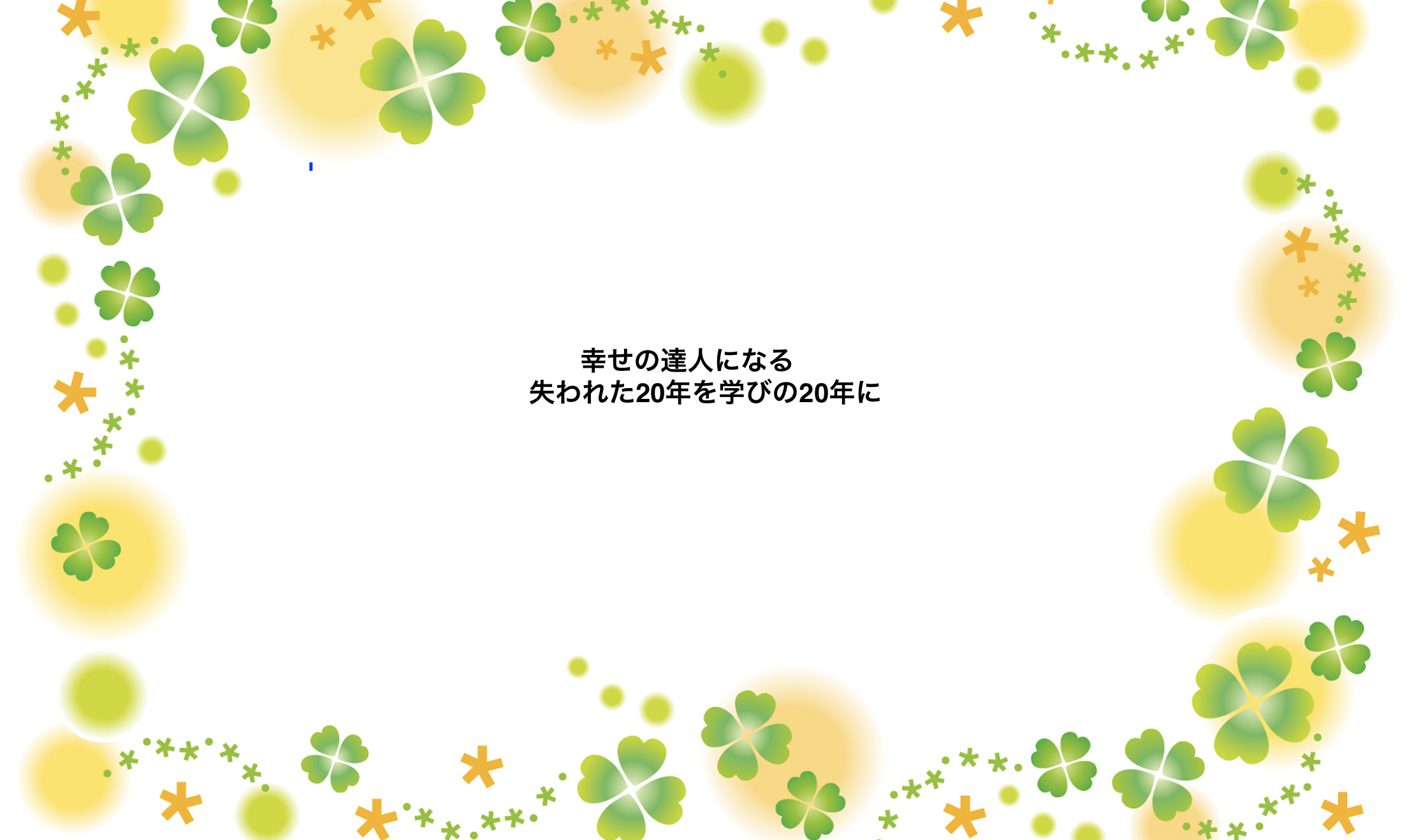
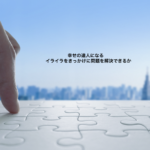

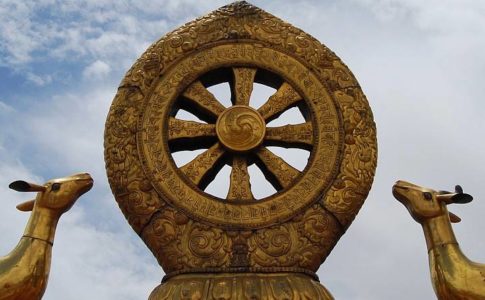
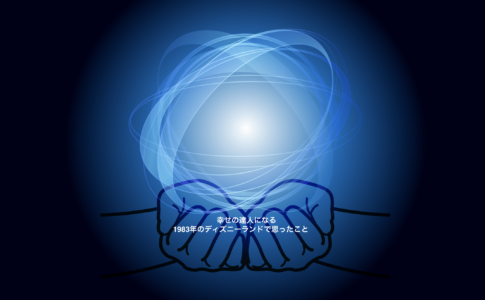
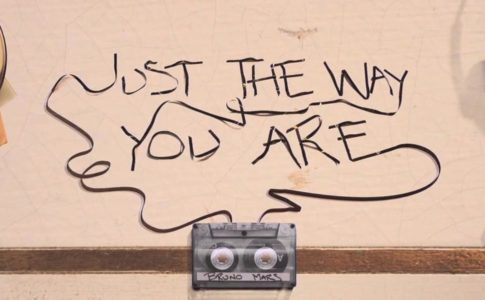
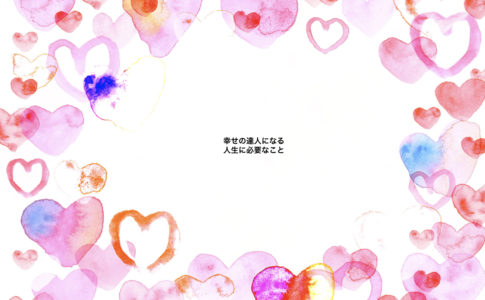
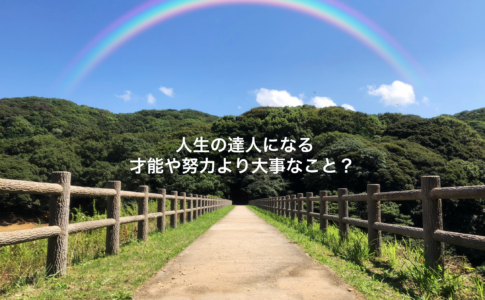

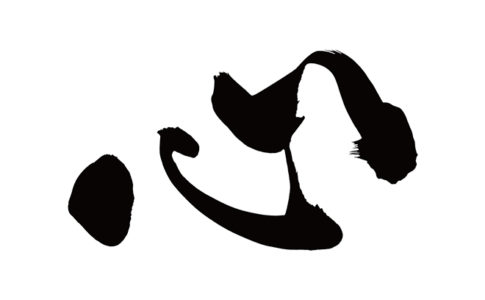
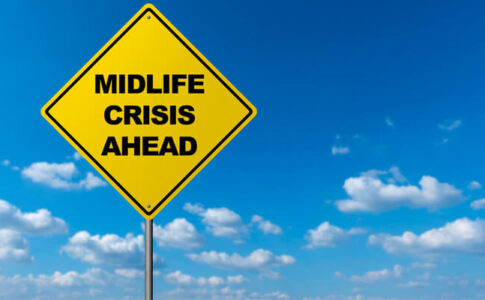
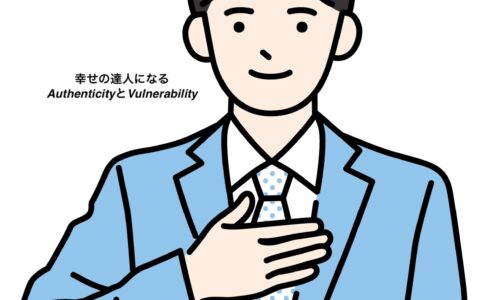
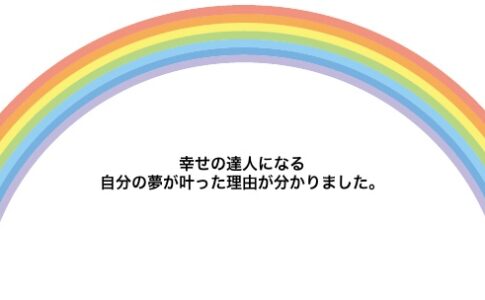
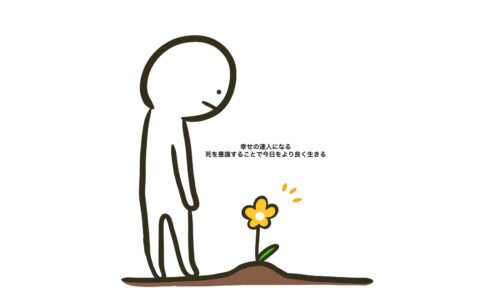
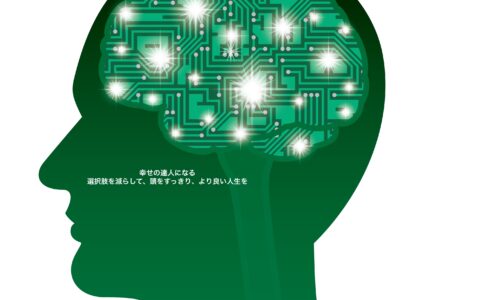

この先、日本経済がバブル期の時のように成長することはありませんが、個人の心の成長や心の豊さを実現していくための経済活動にどんどんシフトしていく、つまり、企業や組織の幸福よりも、個人が輝ける時代にしていくことが日本がとるべき最適な選択ではないでしょうか。